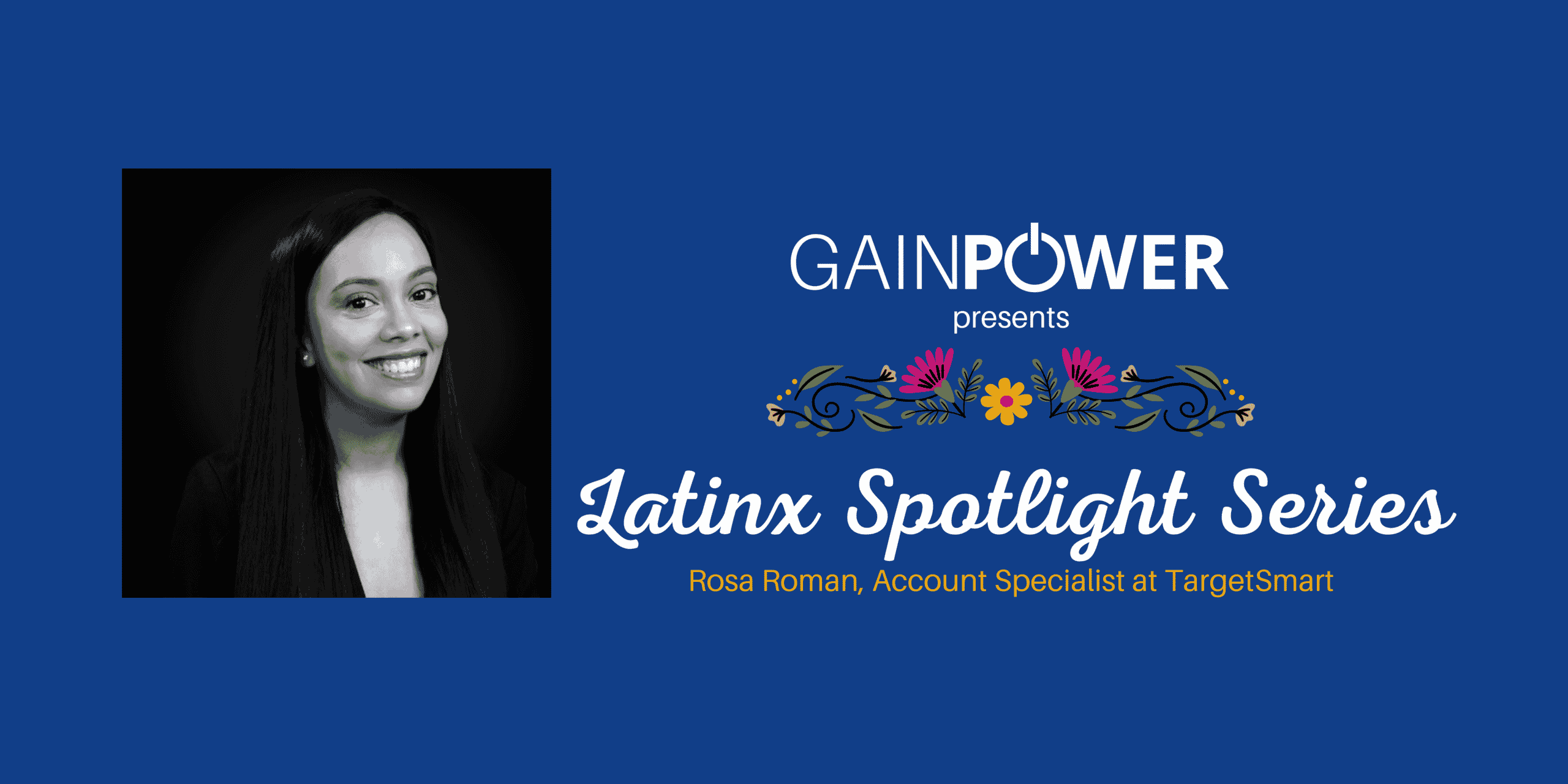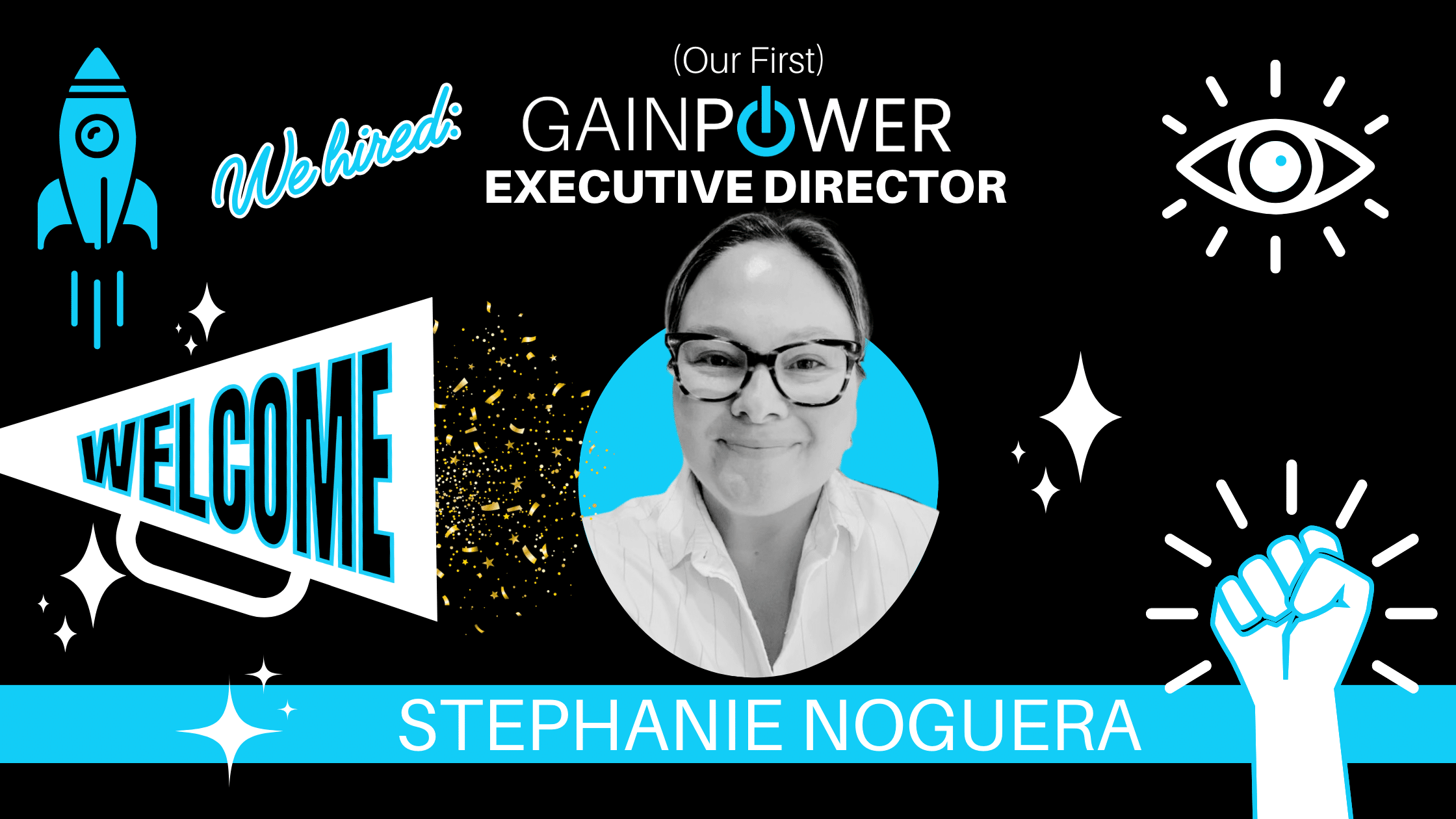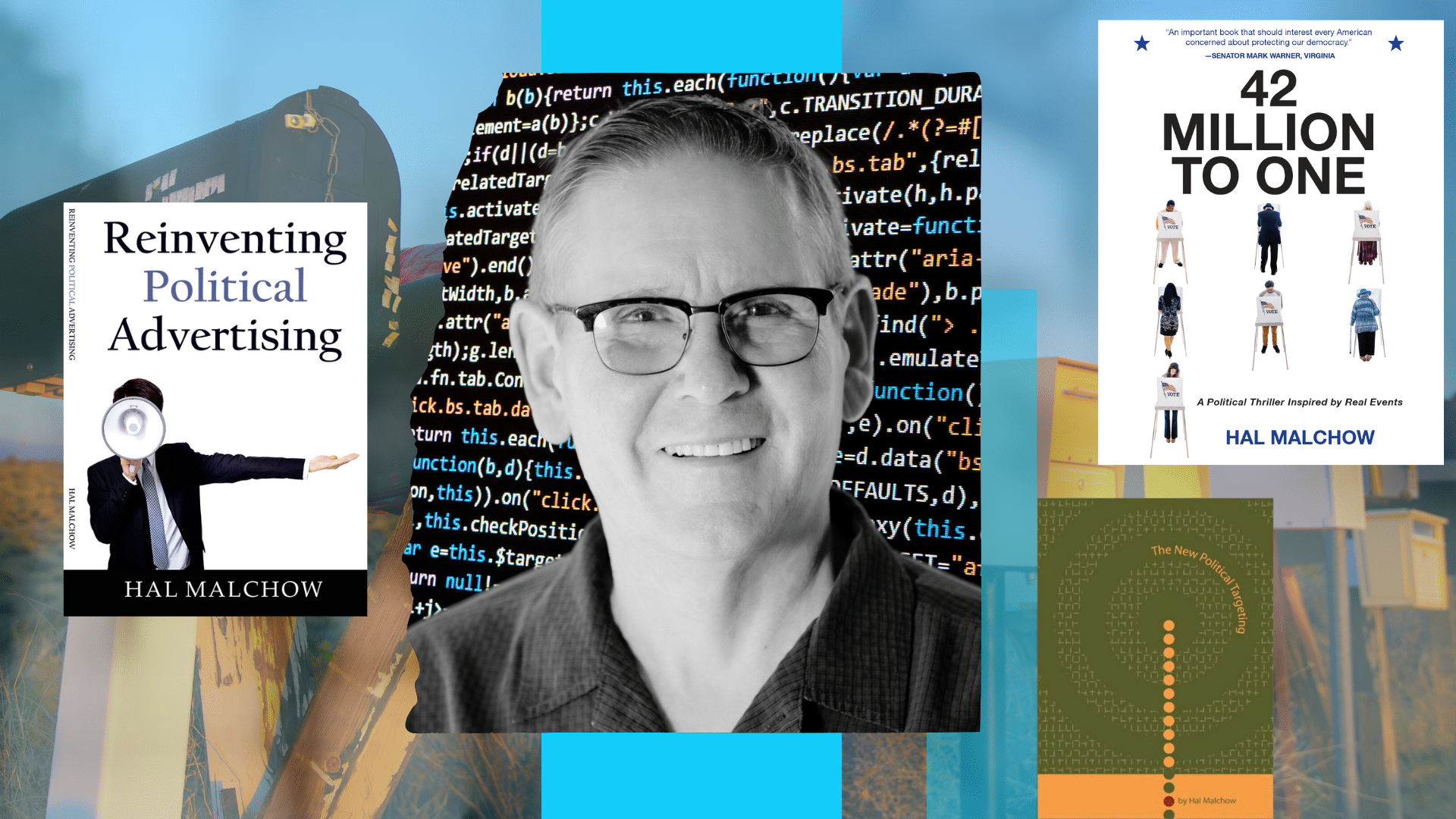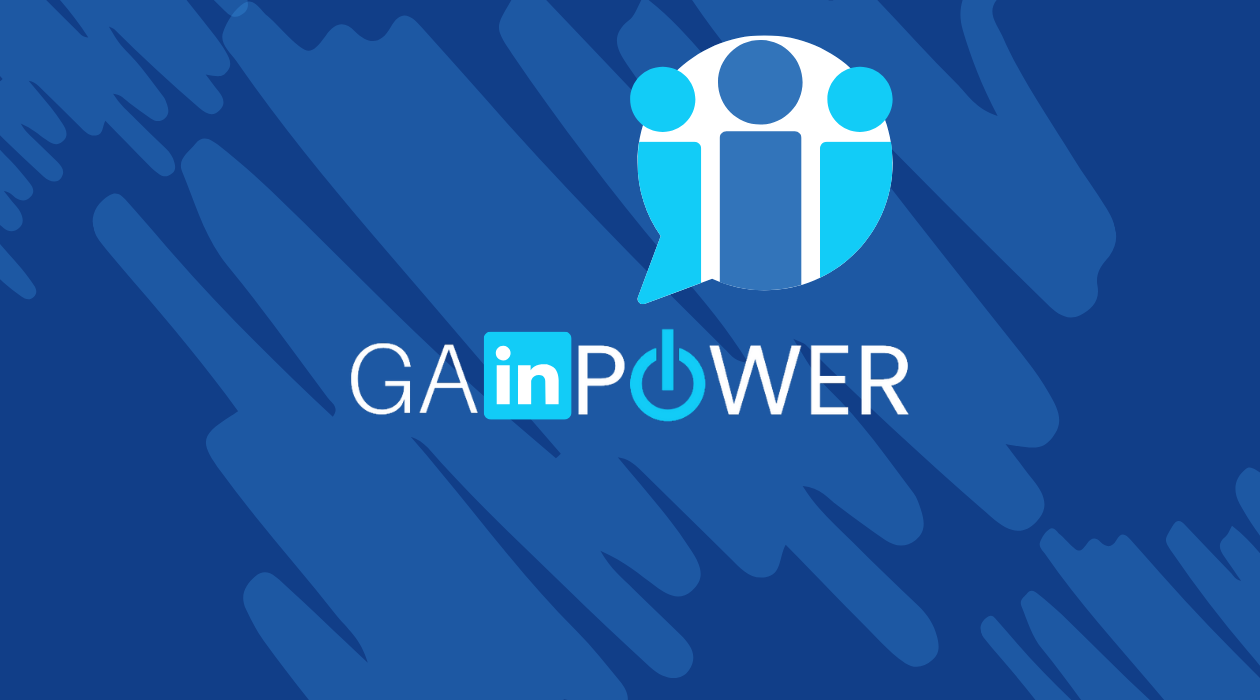As we start to wrap up Hispanic Heritage Month, we are still committed to amplifying Latinx voices.
Today, we are spotlighting Rosa Roman, an Account Specialist at TargetSmart.
Can you give us a brief background and introduction about yourself?
RR: My name is Rosa Roman. I currently work at the political data solutions firm, TargetSmart, as an Account Specialist. The responsibilities for this role can vary. For me, in particular, my primary focus is managing our pollster accounts, assisting them with all their project needs. I help determine the feasibility of polling their universes, ensure that our Production team is pulling the polling samples according to their specifications, and often, answer questions as they arise in field or during analysis. I also work in product management, helping manage our product and feature development by loading code related to our data fields onto the backend, running tests on our self-service platforms before a release, and creating our client-facing documentation and tutorial videos.
What made you get involved in politics?
RR: It’s interesting. Originally, when I thought about what I wanted to do, I saw myself as a teacher, so I began studying education (early childhood, and then, elementary) and have several years of experience in that field. However, at some point, I thought, “okay, well I love this, it’s great, but one, they’re not paying teachers what they deserve, and two, is there a way for me to have a positive impact on my community on a larger scale?” Where I grew up, which is South Florida, I felt, and still feel, that the community is underserved in many ways. Even when there were elected officials saying they were doing as much as they could, it was something I often felt wasn’t reflected in my home or community.
So, when I decided to get involved in politics, I didn’t know exactly what I wanted to do within this field, as it encompasses a lot of smaller branches. In those very early stages, I just knew that I wanted to advance work that ensured that people who looked like me and/or grew up in communities like mine could benefit, as well. Ultimately, I landed on the data side of things. I’m a person who likes looking at the numbers. While I understand that a gut feeling is important, having the numbers to allow me to say, “oh, yeah, this makes sense and confirms what I’m thinking” is crucial.
Why did you choose this line of work?
RR: When I initially got involved in politics, my first professional experience was working for the Chair of the Democratic National Committee (DNC) in her congressional office back home in Florida. That was my college internship. I remember thinking, “wow, this is great. I love it. I get to speak to and help people within the community.” Then, from that point, I worked on a couple of campaigns, and while campaign work is incredibly important, it’s also very demanding.
From there, having the desire to have a deeper understanding of foreign policy, I moved to England, where I earned my Master of Arts in International Relations. During that time, I had to complete my dissertation. The only way to answer the question I had in mind was with quantitative research, and me, having no prior experience with quantitative work, I thought, “well, this is going to be a test.” I taught myself to use SPSS, which is a statistical analysis software, in order to answer that question.
My question was focusing on whether social identity motivated non-party affiliated Hispanics in the 2016 presidential election. If you’re curious, the short answer is no. There is a lot that goes into that, though. While it did in other communities as it pertains to race, and even did for this community in past elections, for this particular year and community, it didn’t. With that being said, after I had my answer, I thought, “okay, but what else did I get from this, that I like data? Yeah, actually, this is really cool.”
So, when I returned to the states, I was looking into different opportunities to work in political data. During that time, I was recruited for a bootcamp in progressive data analytics with Generation Data. After having completed that, we had the opportunity to speak to different people hiring within the space, looking for people with a skillset like mine. That’s how I came across TargetSmart.
What has been the best part/best memory of your career so far?
RR: One memory that sticks out was from when I was working on a campaign several years ago. We had won the primary and one of the canvassers came up to me and just started crying and said, “we did it, we did it,” and in my own head, I was reminded, “yeah, we did it.” For someone to have that kind of reaction – to be as invested as she was because she understood the impact of our work – it made me take a step back and really reflect. I didn’t live in this area, but she did. I thought to myself, while this candidate, if elected in the general, will make decisions that affect our country’s direction forward, this district is her home, and he would be her representative. For me, seeing someone have that kind of reaction, it brought the notion – this work secures our future – home.
What had you wished you had known about getting involved in politics as a Latina?
RR: So, when I came back to the U.S. and tried to find a job, at this point, I still didn’t have a ton of connections to help me. My community was made up of people who will help you however they can, but as it pertains to this area, that was something I had to navigate by myself, and that’s hard – not having someone to lean on. When I found a job, there was that feeling like, “you have to work ten times harder to prove yourself because you’re one of the few.” That pressure can be a lot, and being one of the few, especially in data, it can get lonely in a way. I wish I would have known that prior, and by that, I mean understanding the magnitude of those feelings, though I doubt it would have changed my decision to get into this line of work. I think it just means that more work needs to be done.
What advice do you have for young Latinxs looking to get into politics?
RR: Reach out to people within your community. We understand how it can be difficult to get your foot in the door. If you’re a young person who’s trying to get into this line of work, I’m one of those people who is always more than happy to say, “let me know how I can help,” and if I can, I will. I also understand how putting yourself out there can be tough, though. At least for me, feeling comfortable enough to ask, “how do I go about this? How do I get involved” – it doesn’t come easy. It’s a lot of you putting yourself out there, even though it’s uncomfortable. As somebody who didn’t have the connections, it was me fighting for every opportunity, and if I can give any piece of advice, it would be that if you can make the process any less cumbersome, do it.
Also, understand that if you’re trying to get into this line of work, it’s meaningful work. The wins positively affect not just you, but the people that you grew up with and the people that you surround yourself with, and that pays off in its own invaluable way.
Lastly, for fun, what’s your favorite Latin American food dish?
RR: I’m Puerto Rican, so like Residente said, “estoy hecho de arroz con gandules,” which is yellow rice and pigeon peas. I love it with pork (cooked in any way or form) and plantain (tostones or amarillos), but alcapurria con arroz con gandules is probably my favorite dish.

Make sure to read all of our past interviews posted on our website.





